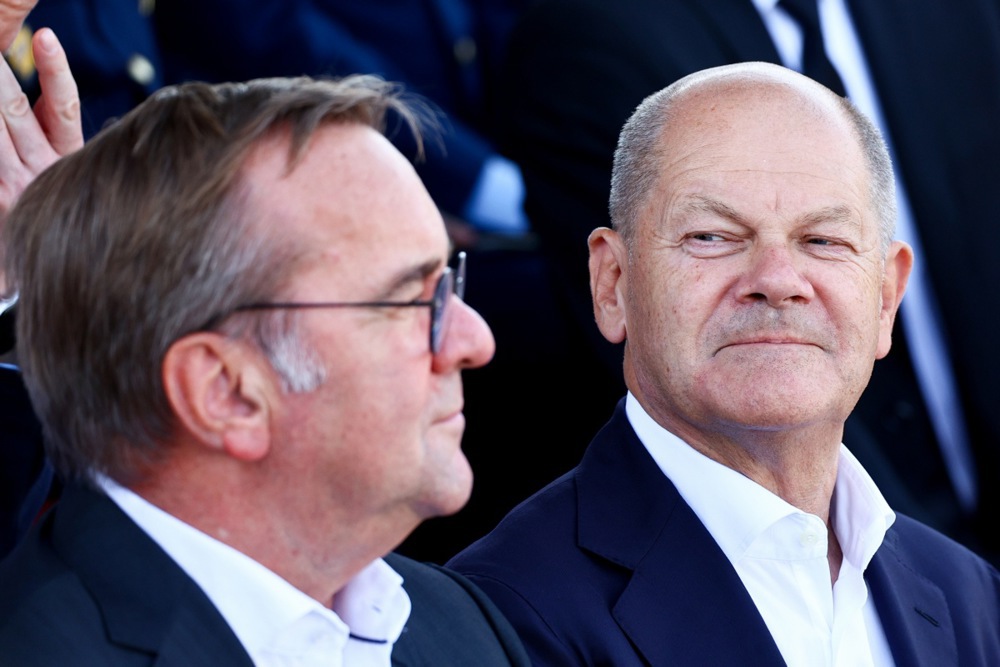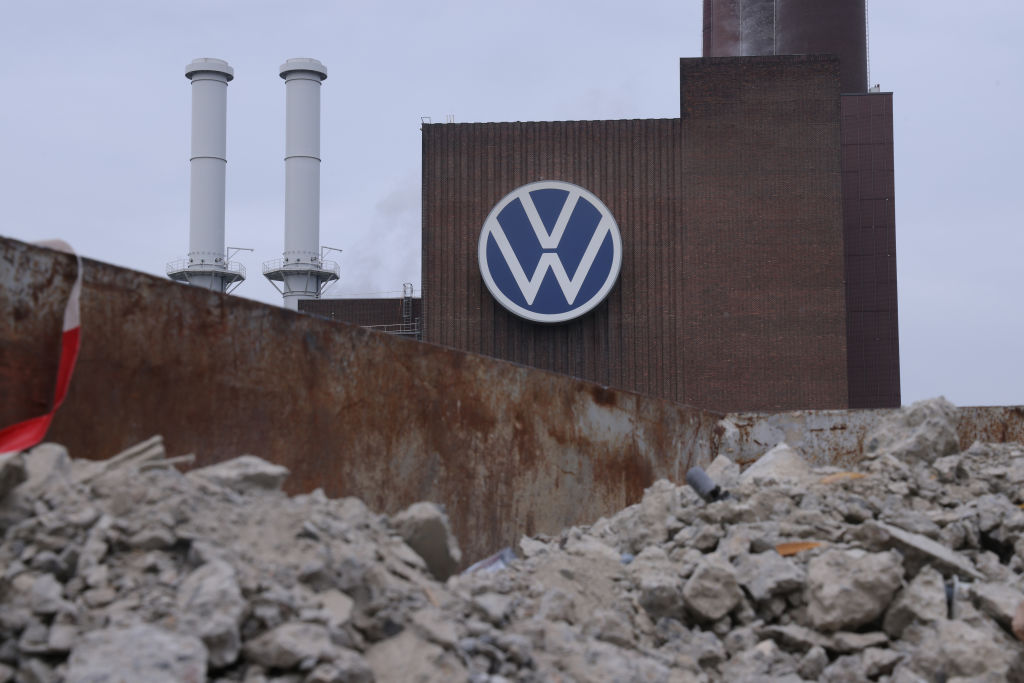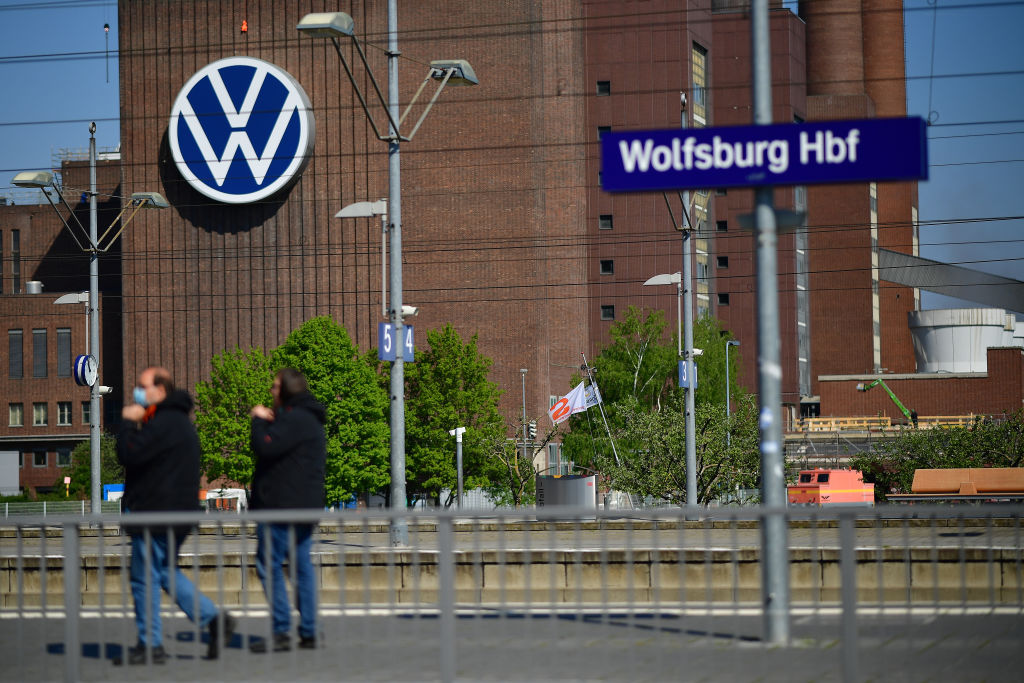The upcoming German elections will not only define the future of one of the two political and economic pillars of the European Union, they will also test the leadership skills of the two key figures: Friedrich Merz, leader of the centre-right CDU/CSU, and Olaf Scholz of the centre-left SPD.
On Monday, December 16, Scholz failed the confidence vote, allowing him to propose to Federal President Frank-Walter Steinmeier that the Bundestag be dissolved.
Steinmeier has three weeks to make a decision, until 6 January. If approved, elections would have to be held within 60 days, with a date agreed between the parliamentary groups for 23 February.
According to the latest polls, the SPD would get 17 per cent of the vote, while the Greens, its partners after the liberal FDP’s exit from their coalition, would get 15 per cent. Together they account for 32 per cent, the same proportion as the conservative CDU/CSU. This makes a technical tie before the fight.
While Merz tries to capitalise on growing social dissatisfaction, Scholz seeks to project stability—although this stability has been seriously weakened after almost three years of crisis since the outbreak of the Ukraine war.
Global challenges influence Germany’s domestic political and economic landscape. The war in Ukraine has strained relations with Russia, while tensions with China and the role of the US as the guarantor of European security pose challenges beyond German borders.
Germany, once Europe’s economic engine, is obliged to define its position in the face of these changes and try to adapt quickly to an unsettling international scenario. The current state of the German economy is a central concern. Inflation, the energy crisis and the loss of industrial competitiveness are affecting employment and purchasing power.
Analysts such as Wolfgang Münchau believe that the severe German crisis is structural because of the economic approach and lack of innovation during Angela Merkel’s term in office and its continuation by subsequent governments.
This election will be a referendum on whether Scholz or Merz has the answers needed to revitalise the economy, especially in areas such as energy transition and industrial innovation.
Merz presents himself as the leader of change, but faces internal divisions within the CDU/CSU. On the one hand, conservative sectors advocate strict policies on immigration and the economy; on the other, centrists seek a more moderate approach, close to social democratic positions. Scholz, on the other hand, advocates continuity, but his SPD is suffering a drain of votes to the Greens, who attract young people concerned about climate change, and to Die Linke, linked to the East German Marxist party, which emphasises social justice.
The emergence of the hard-left Sahra Wagenknecht Alliance (BSW), led by Sarah Wagenknecht, adds a new dimension. This party, critical of the woke Left, seeks to attract voters disenchanted with the traditional options.

The youth vote is emerging as one of the big deciding factors. With a leaning towards the Greens and a growing disenchantment with traditional parties, they could push for a left-wing agenda focused on digitalisation, climate change and social justice. However, these priorities worry conservatives, who fear a greater impact on Germany’s economy, already weakened by years of lack of innovation and an ideologically-driven energy policy.
The rise of the hard-right Alternative for Germany (AfD) is another key variable. Despite political and media persecution, the party has gained support among sectors dissatisfied with the lack of leadership and strategic vision.
Merz promises sweeping reforms, but his ability to implement them will depend on potential partners to his Left. Scholz, on the other hand, cites stability as his main strength, although his current administration has left more questions than answers.
Germany’s proportional system, which favours grand coalitions, limits the capacity for political innovation and dilutes electoral promises. This opens the door to new parties, such as the AfD, that represent a direct opposite to the current establishment.
Possible scenarios after the elections include a new grand coalition between the CDU/CSU and the SPD, which could perpetuate the status quo but also increase polarisation; a Merz-led government with cross-support; or the rise of minor parties as key factors in forming coalitions, giving them an unthinkable weight in shaping the government.
The recent surge in energy prices has sparked diplomatic tensions between Sweden and Germany, with Swedish Deputy Prime Minister Ebba Busch blaming Germany's "green" energy policy for the crisis. https://t.co/BAReI7302A
— Brussels Signal (@brusselssignal) December 16, 2024





Will Germany’s dithering, dull Scholz be ‘Biden-ed’ by his SDP party?